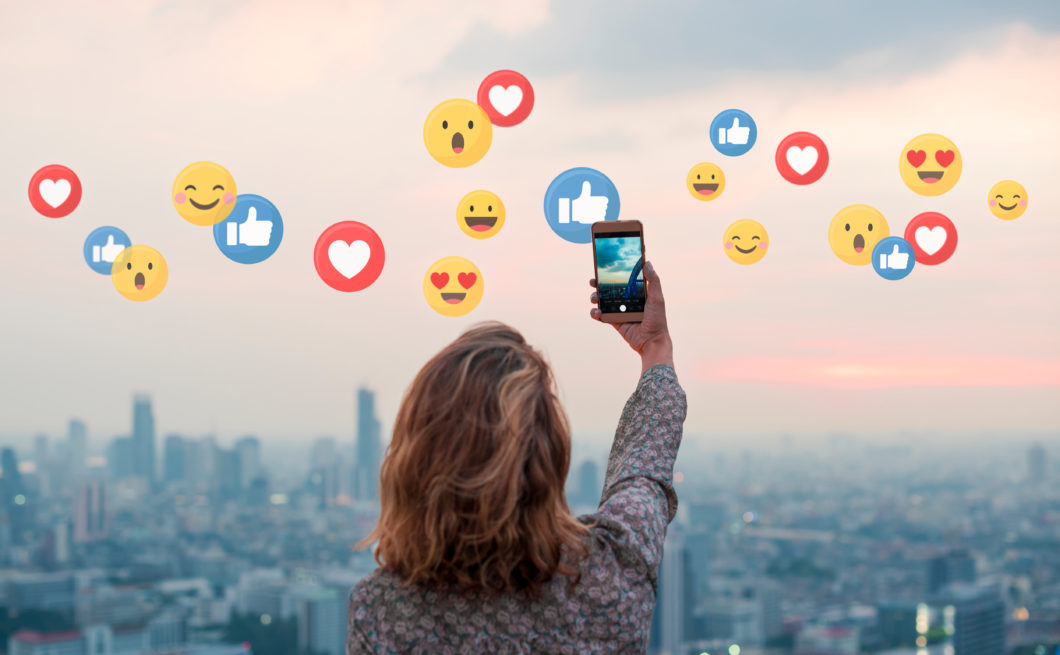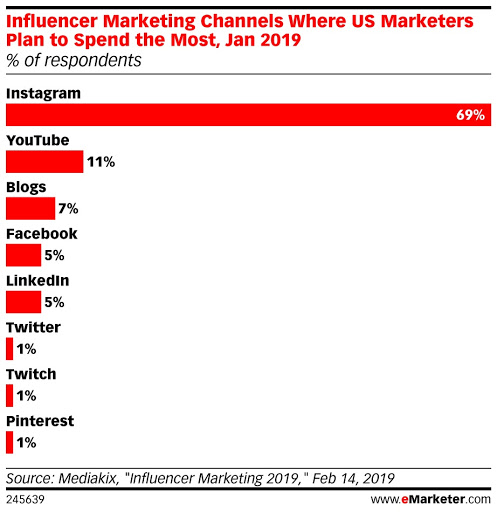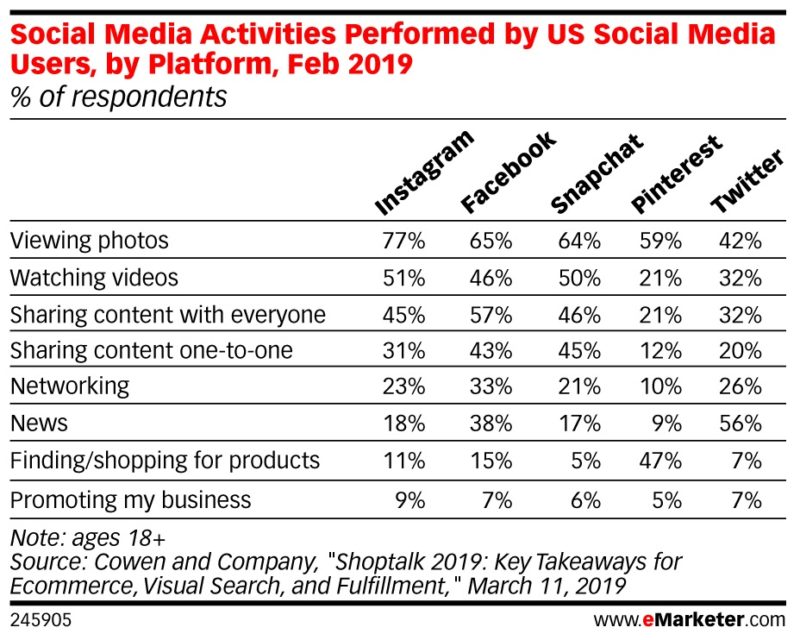12.21.20
Social Media Celebrity Endorsements vs. Influencer Marketing

Does it seem unnatural to you? That a fashion blogger with 15,000 followers can sell a product better than an A-List celebrity? Well, maybe not better — but, generally speaking, more efficiently. Especially on Instagram. As it turns out, social media celebrity endorsements work best when you don’t employ “real” celebrities. Where brands used to seek out celebrity endorsements, many on social media are now turning to brand ambassadors, who now hold sizable space in the new wave of modern marketing.
Keep reading to learn why and how influencer marketing works so well on Instagram.
Influencers and Celebrities: Marketing and Perception
We pride ourselves a little bit on making data-driven decisions at Iron Roots. So, let’s take a look at a recent marketing psychology study that compares influencers and celebrities:
104 women participated in the study. The researchers showed each of them an Instagram post. Some saw a post by Eva Longoria, while others looked at a post by Olivia Palermo, an Instagram influencer. The two posts featured the same luxury product, and the posts had a similar aesthetic.
The participants took posttests after seeing the Instagram posts, and the essence of the results was this:
Trustworthiness
Based on the two posts, the participants saw Palmero as more trustworthy than Eva Longoria. That’s to say, they saw her message as more genuine. They trusted more that she actually had high regard for the product she promoted.
Brand Attitude
On average, the participants had more positive attitudes toward a brand when it’s shown in an influencer’s post compared to a celebrity endorsement.
Envy
The participants who saw Palmero’s post had, on average, more feelings of envy. More feelings that might be read as “I want that product, too. I want what she has.”
Source Article: “Instafamous and Social Media Influencer Marketing”
Contributors: S. Venus Jin, Aziz Muqaddam, Ehri Ryu
Journal: Marketing Intelligence & Planning
Publication Date: 5 August, 2019
Influencers vs. Celebrity Endorsers: Our Thoughts
This study and others like it have done all to prove influencer marketing as a tried-and-true staple in social media advertising. While celebrities might make for a more convincing television or radio ad, people come to social media to see and listen to people they can relate with (on some platforms more than others).
This study in particular only tested for promoting luxury products, but influencer marketing can work well for everyday products also. As some examples, LEGO and Vaseline had some of the most successful influencer marketing campaigns of 2019.
Our simple belief on the matter is this: your return on investment for employing micro-influencers will be almost always better than it would be for employing “real celebrities”.
Of course, there are some people who occupy a rare space on social media, being both a celebrity and an influencer. Kylie Jenner and the Kardashian family would be the best example here. If your budget is big enough — meaning somewhere between hundreds of thousands to millions of dollars — they’re almost undeniably reliable sources for getting more impressions than you could have asked for, while also having somewhat relatable online personas.
Why Influencer Marketing Works on Instagram
The essence of why influencers sell a product better than traditional celebrities is that people are more inclined to trust people who seem more “real” to them — who seem more relatable, and whose achievements seem somewhat attainable to the user.
You may be wondering why we’re so focused on Instagram influencers in this article. Well, let’s start by saying — marketing on Instagram seems to have the success that’s almost staggering compared to other platforms.

Why are marketers planning to spend more on influencer marketing on Instagram than other platforms?
The easy answer is that more users are looking to buy products on Instagram than they are on other platforms. But that’s not exactly the case.

Looking at this chart — 11% of Instagram users are shopping or at least window shopping on the platform. That equates to about 119 million people.
For Facebook, 15% of their users means about 390 million people.
And as for Pinterest, 47% of users means about 172 million people.
If you look at these numbers alone, you might put all of your influencer marketing efforts into Facebook or perhaps Pinterest. But these numbers don’t tell the whole story. Here are the 3 biggest reasons why US marketers are so inclined to go for influencer marketing on Instagram:
- Instagram is inherently an image-based platform, unlike Facebook, meaning the influencer’s sponsored ads fit in more seamlessly with the other content on the feed.
- Brands are big on Instagram. Engagement with brands on Instagram is 10 times higher than on Facebook and 54 times higher than it is on Pinterest.
- On Instagram, posts lead to sales. 72% of IG users in a study reported having made a beauty, fashion, or style-related purchase after seeing a post or story on Instagram.
Will Influencer Marketing on Instagram Work for You?
For a B2C strategy, there’s not exactly a wrong time to consider influencer marketing. Whether your business is just starting or it’s grown to decent heights, brand ambassadors can put thousands of new eyes on your products.
There are, however, ways to go wrong with influencer marketing. It’s tough to measure exactly how well your influencer campaign is performing, and you surely want a fair return on your ad budget.
If you’re planning an influencer campaign for your brand, check out our article on how to monitor and maximize your ROI for your campaign.